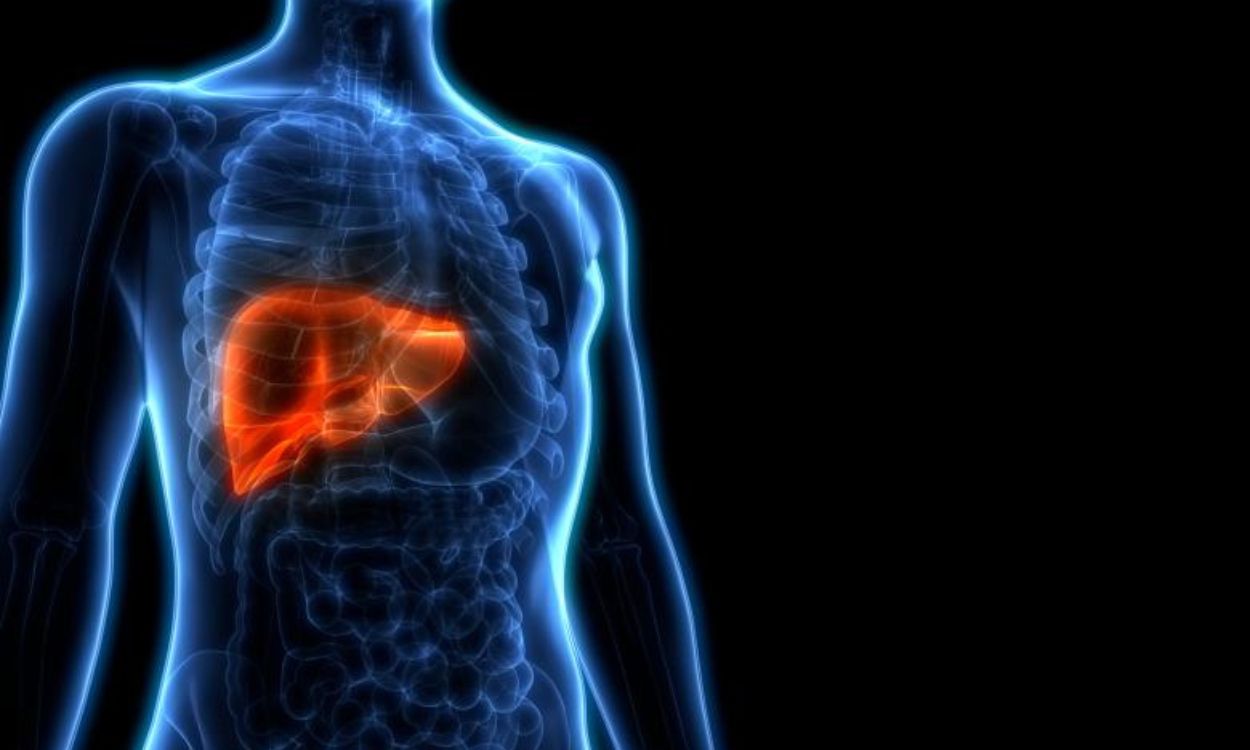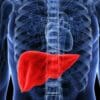Unlocking the Connection: Can Fatty Liver Impact Your Musculoskeletal Health?**
The liver is a vital organ with a multitude of functions, including detoxification, protein synthesis, and producing biochemicals necessary for digestion. However, the impact of liver health extends beyond these functions, potentially influencing various systems in the body, including the musculoskeletal system. A condition known as Non-Alcoholic Fatty Liver Disease (NAFLD) is becoming increasingly prevalent, raising questions about its effects on other bodily systems.
Understanding Fatty Liver and Its Broader Impacts
Non-Alcoholic Fatty Liver Disease is characterized by the accumulation of excess fat in liver cells, not caused by alcohol consumption. While it is primarily associated with liver function, there is growing evidence suggesting that NAFLD may have consequences beyond the liver, particularly affecting the musculoskeletal system.
How Might Fatty Liver Affect the Musculoskeletal System?
1. Inflammation and Oxidative Stress:
– NAFLD is often associated with systemic inflammation and oxidative stress, which can impact muscle function and joint health. Chronic inflammation can break down muscle tissue and contribute to conditions such as sarcopenia (muscle loss) and arthritis.
2. Insulin Resistance:
– Fatty liver is closely linked to insulin resistance, a condition where the body’s cells do not respond effectively to insulin. Insulin resistance can lead to reduced muscle protein synthesis, affecting muscle growth and repair.
3. Hormonal Imbalances:
– The liver plays a crucial role in hormone regulation. Impaired liver function due to fatty liver can lead to hormonal imbalances that may affect muscle and bone health.
4. Nutrient Absorption:
– The liver is essential for nutrient storage and metabolism. Fatty liver can impair the absorption and processing of vital nutrients necessary for maintaining healthy muscles and bones.
The Indian Context: Why It Matters to You
In India, lifestyle changes and dietary habits have led to an increase in cases of NAFLD. A sedentary lifestyle, high-calorie diets, and increased consumption of processed foods contribute significantly to the condition. Understanding the broader impacts of fatty liver, including its effects on musculoskeletal health, is crucial for early intervention and prevention.
Promoting Musculoskeletal Health with Fitpaa
While the link between fatty liver and musculoskeletal health is concerning, there are steps you can take to mitigate these effects. Fitpaa offers a comprehensive solution to not only address NAFLD but also bolster your overall health and fitness.
Why Choose Fitpaa?
– Personalized Health Plans: Fitpaa provides customized plans that focus on metabolic health, helping you manage or prevent fatty liver through nutrition and exercise.
– Expert Guidance: With a team of fitness coaches, nutritionists, and doctors, Fitpaa ensures you receive a holistic approach to improve liver and musculoskeletal health.
– Advanced Technology: Fitpaa’s AI-driven technology monitors and adapts to your specific needs, offering real-time guidance and support.
By addressing the root causes of health issues and offering a structured, supportive platform, Fitpaa empowers you to achieve your fitness goals and improve your overall well-being. Download the Fitpaa app today and take the first step towards a healthier, more vibrant life.
This article aims to inform readers about the potential impacts of NAFLD on the musculoskeletal system and encourages them to explore Fitpaa for a comprehensive approach to health improvement.









